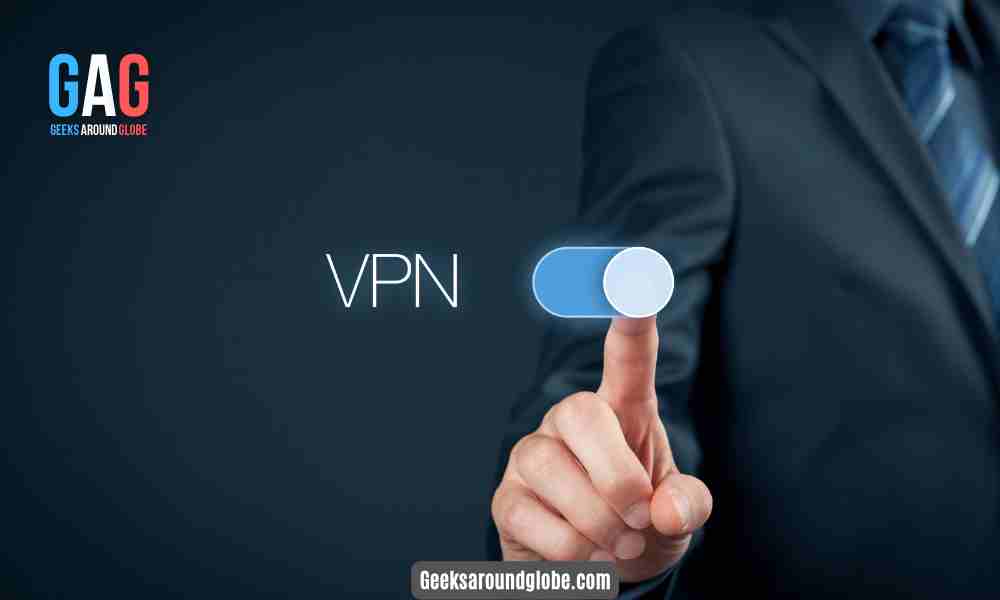A VPN or virtual private network is a service that allows users to connect to a remote network. This network can be used for various purposes, such as securing internet traffic or masking your location. This article will discuss the different ways you can use a VPN and the benefits you can expect from using one. We will also provide an overview of what to look for when choosing a VPN service provider.
What is a VPN, and what does it do
A VPN, or virtual private network, is a technology that allows users to access and transmit data over public networks securely. Typically, VPNs are used by businesses to enable remote workers to stay connected to their corporate networks while on the road or working from home. However, they are also commonly used by individuals concerned about the privacy and security of their internet usage.
The primary function of a VPN is to encrypt all user data so that it cannot be intercepted or traced back to the individual using it. It provides an extra layer of protection for sensitive information such as usernames and passwords, financial data, and browsing history. Furthermore, a VPN can mask a user’s identity and location by providing IP addresses from different countries or regions. In short, a VPN is a potent tool that can help safeguard our online activities from prying eyes.
How can you use a VPN to improve your online security?
There are many ways that you can use a virtual private network, or VPN, to improve your online security. The most important thing is that VPNs encrypt your data, making it much more difficult for hackers or other unauthorized users to access your personal information. VPNs also help you avoid common cyber threats like phishing scams and malware attacks. By cloaking your IP address and location, they also make it much more difficult for others to track your activity online.
Finally, VPNs enable you to mask your social media profiles from public view, giving you greater control over who has access to the information you share online. Whether you’re just looking to keep your data safe or maintain anonymity online, a VPN can be an invaluable tool for improving your cybersecurity.
What are the benefits of using a VPN
There are many benefits to using a virtual private network, or VPN. A VPN provides users with secure, encrypted access to their online data and can help keep sensitive information safe from hackers and other malicious actors. Additionally, a VPN can mask your location and identity on the internet, allowing you to browse anonymously or unlock geo-restricted content. Other advantages of using a VPN include improved security for wi-fi networks and better protection against malware.
Overall, there are many compelling reasons to consider using a VPN in your day-to-day online activities. Whether you’re looking to keep your data secure while shopping online or want more privacy while surfing the web, a VPN is one of the best tools at your disposal. So why not give it a try? After all, with so many benefits, it’s truly an investment that is well worth making.
How to choose the right VPN for your needs
When selecting a VPN, there are several key factors to consider. First and foremost, you need to determine your primary purpose for using a VPN. Different VPNs are suited to different uses, so it’s crucial to find one that meets your needs. For example, if your primary concern is privacy and security, look for a provider that emphasizes encryption and offers features such as double-hop tunnels or TOR integration.
On the other hand, speed is likely your primary consideration if you plan on streaming video or gaming online. In addition to choosing a provider based on its intended use, it’s also essential to assess the overall quality of the service. It can include server availability, log policies, and customer support offerings. Considering these key factors when choosing a VPN provider, you can be sure you’re getting the most out of this crucial tool.
The risks of not using a VPN
The risks of not using a VPN are manifold. Without a VPN, our online activities are much more vulnerable to being tracked and monitored by third parties. It can include browsing history and search queries for financial information and personal communications. Additionally, we are much more likely to fall victim to common cyber threats like phishing scams and malware attacks without a VPN.
Moreover, our social media profiles and other online activity are much more accessible to others when we’re not using a VPN. It can be highly problematic if we’re not careful who has access to our information. Overall, the risks of not using a VPN far outweigh the benefits. So if you’re not already using one, now is the time to start. Your online security and privacy depend on it.
You should check out CyberWaters. It is an excellent comparison and review site that are committed to helping users find the best possible providers and experience regarding their online security and privacy.
Final thoughts
A VPN is a powerful tool that can protect your online activity from prying eyes. Whether you’re looking to keep your data safe or maintain your privacy, a VPN is essential for anyone who wants to stay secure online.







